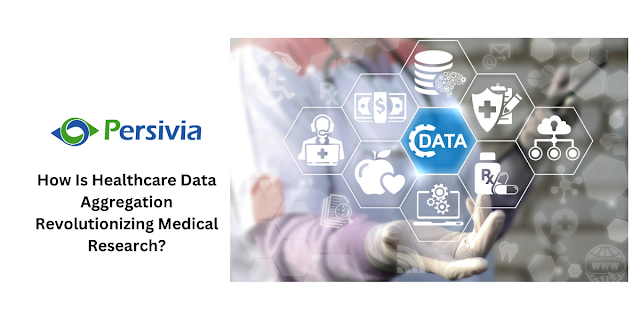Integrated Care Management Solutions Have The Potential To Improve Care Quality
A burgeoning majority of healthcare organizations are utilizing Care Management Platform as a methodology to fulfill value-based care goals. It
makes it easy for physicians, clinicians, patients, and their caregivers to
work together to help patients take control of their complex health needs.
Predictive analytics in the Care Management system help
enhance effective productivity and economic concerns related to payments.
Picking a Care Management Platform is complicated and time-consuming
since operating system expenses and functionalities vary massively, making
decisions far more stressful.
Even though every software version is distinctive, each
productive Software has some critical features required to run a successful Care
Management Solution. Determining the care management objectives, methods,
and techniques is the first and foremost step. Once the healthcare organization
has set its objectives, it should look for solutions with features to help the
organization achieve its goals.
Let's look at ten positive attributes of an efficient Care
Management Solution.
1) User-Friendly Interface
A simple and user-friendly interface is perhaps the essential
feature of a care management system. All medical and organizational
documentation should be readily available, so there is no need to search for
it.
2) A Patient Dashboard
Patients can get reports and other documents of their diagnosis
from all the plans they are enrolled in through a healthcare system. It mainly
helps patients with chronic conditions to communicate with their healthcare
professionals in real-time for their Chronic Care Management.
3) Speedy Data Processing
Care management solutions that interact with electronic health
records can interface directly with health records, working hand in hand with
Clinical decision support. It merges patient data between the two systems.
The effectiveness and management of patient care suffer due to a
lack of such integration.
4) Scheduling Software
Scheduling software is essential to avoid poor care delivery to
allow healthcare professionals to log, track, and organize contacts and
follow-up visits.
5) Reporting
The compelling reporting features must include individual
patient extractable reports, care planning, and monthly service updates.
6) Software With Encryption
The operating system must keep sensitive data secure.
7) Informational Dashboards
Information dashboards, which are a core pillar of Care Management solutions, provide critical metrics that help individual
providers and the care services.
8) Fusion of Data
Clinical, financial, and behavioral data must be gathered from
all sources, including health insurance companies, physicians' facilities, and
post-acute caretakers.




Comments
Post a Comment